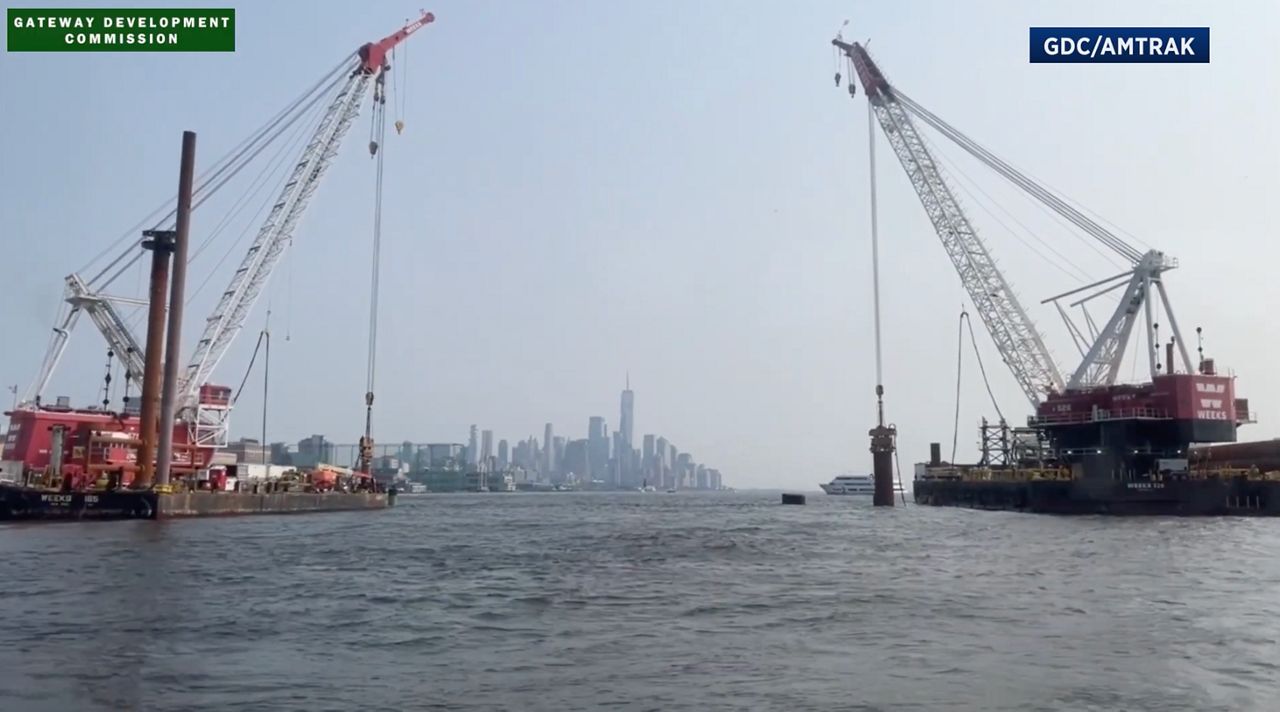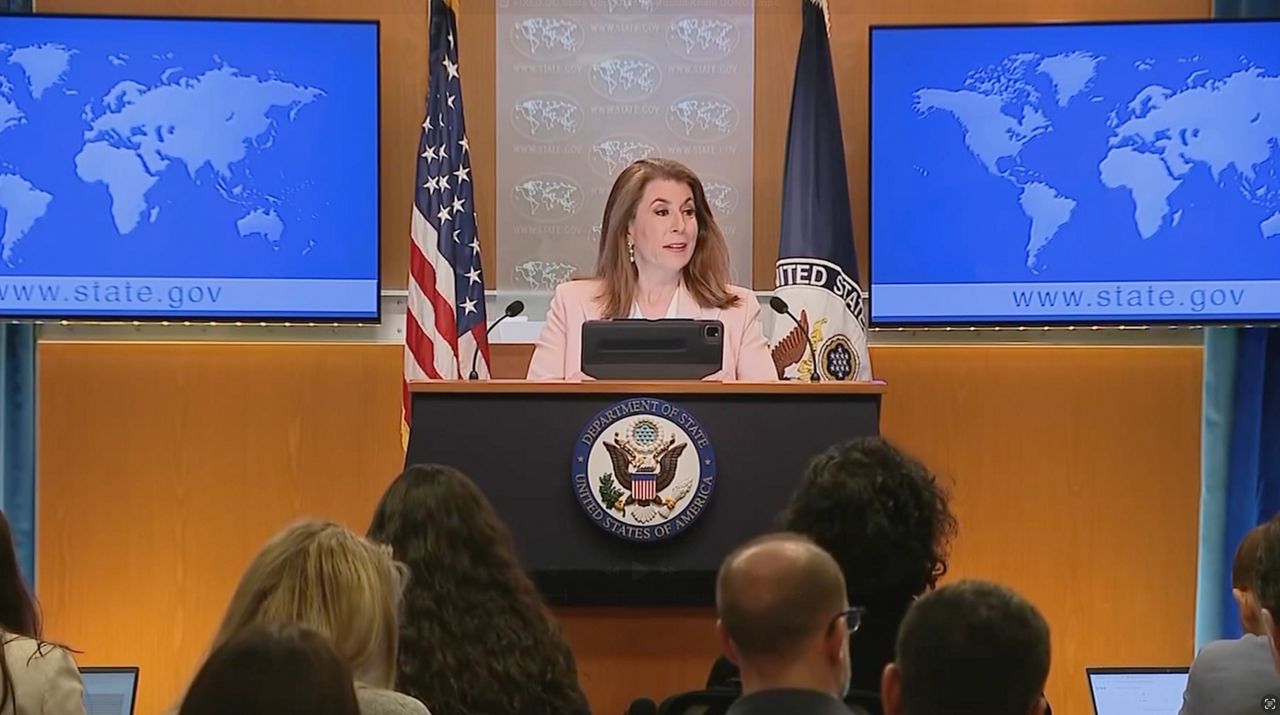The city will limit shelter stays for migrant families with children to 60 days as asylum seekers continue to arrive, Mayor Eric Adams said Monday.
Migrant families entering the city’s care will be notified that they have 60 days to find another place to stay, Adams said in a news release. The notice will be paired with “intensified casework services to help them explore other housing options and take the next step in their journeys,” the release said.
What You Need To Know
- Mayor Eric Adams announced on Monday that families with children would start getting 60-day shelter limits starting this week
- The policy change comes as the mayor has said there is no more room left in the city and that an average of 600 migrants are arriving daily
- Adams also announced that in the coming weeks, Floyd Bennett Field will be used to house about 500 migrant families
Adams announced a similar 60-day notice period for single adult asylum seekers in July before shortening that time frame to 30 days in September. The mayor said the policy is due to a complete lack of space in the city.
“With over 64,100 asylum seekers still in the city’s care, and thousands more migrants arriving every week, expanding this policy to all asylum seekers in our care is the only way to help migrants take the next steps on their journeys,” Adams said in a statement. “This step builds on our work providing notices and intensified casework services to adults in the city’s care to help them move to alternative housing.”
Migrant families will have “multiple touchpoints with case workers over their 60 days to discuss their options and plan their next steps,” the release said.
The shelter limit is the latest policy strategy by Adams to attempt to relieve pressure on the city’s shelter system. The announcement comes after city officials insisted his administration was not changing any policies related to families after reports started surfacing last Friday.
More than 126,700 asylum seekers have arrived in the city since the spring of 2022, according to Adams' release. Critics say the city is going too far.
“This is incredibly low for the administration to do even after the blowback they got last week when it was leaking and saying that it wasn’t happening. This administration just knows no lowness in the world that we live in right now,” Murad Awadeh, executive director of the New York Immigration Coalition, said.
The policy also seems in contrast to an administration that has placed priority on families. Critics of the policy say it will have detrimental effects on children, especially those who are in school.
“The one stable place in a homeless child’s life is a school, and if we’re going to move people around the city on the basis of some arbitrary deadline, we’re going to disrupt that for those families, for those students, and for those schools as well,” Josh Goldfein, staff attorney for The Legal Aid Society, said.
Adams is already in court challenging the right-to-shelter law, attempting to suspend it amid the crisis. He said that in the last week, about 600 migrants have arrived daily.
The city on Monday also said that Floyd Bennett Field in Brooklyn will start serving families with children in the coming weeks. The site is expected to house up to 500 families in a “semi-congregate” setting with privacy dividers and locks.
Homeless and immigrant advocates say the new shelter plan for families is dangerous.
“It’s not safe for children, it's not safe for families. It’s not a place where families with children should be for any length of time,”
Goldfein said. Awadeh held similar sentiments calling out the administration’s efforts.
“It is incredibly unconscionable that we would put families in congregate settings. Like that just makes no sense,” he said.
Under the right-to-shelter consent decree, families with children must get their own private room with its own private bathroom and access to a kitchen.
The former airport is already the focus of a lawsuit by local officials challenging the site’s ability to properly house hundreds of migrants.
As of this week, the case is still in court with no judgement. In the meantime, the city plans to move forward on using it as a large-scale shelter.









